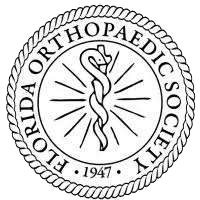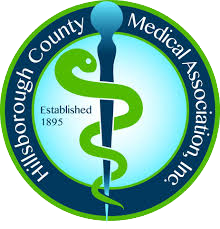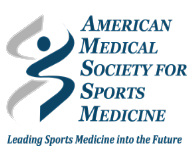 Platelet rich plasma (PRP) treatment is a popular type of regenerative medicine that can help jumpstart the healing process for patients with certain soft tissue and joint conditions. While this therapy is minimally invasive and doesn’t involve potent medications, there are still some precautions to keep in mind if you’re planning on receiving PRP treatment. Here are a few pre-treatment recommendations from the American Academy of Orthopaedic Surgeons (AAOS):
Platelet rich plasma (PRP) treatment is a popular type of regenerative medicine that can help jumpstart the healing process for patients with certain soft tissue and joint conditions. While this therapy is minimally invasive and doesn’t involve potent medications, there are still some precautions to keep in mind if you’re planning on receiving PRP treatment. Here are a few pre-treatment recommendations from the American Academy of Orthopaedic Surgeons (AAOS):
- Avoid taking corticosteroid medications 2 to 3 weeks prior to treatment. This type of medication is commonly used to treat inflammatory skin and joint conditions and may come in the form of a topical cream, pill, or injectable.
- Avoid taking non-steroidal anti-inflammatory drugs (NSAIDs) 1 week prior to treatment. This includes common pain relievers like ibuprofen and aspirin.
- Avoid taking anticoagulation medications 5 days prior to treatment. This may include warfarin, heparin, rivaroxaban, and several other medications.
Of course, your orthopedic physician can provide you with more individualized guidance regarding what medications or actions you should avoid prior to PRP treatment. There are also a few activities that are encouraged before PRP, like drinking plenty of water and enjoying a healthy breakfast the day of your procedure.
What Does PRP Treatment Involve?
PRP treatment provides a “biological boost” by utilizing the patient’s own blood to stimulate healing around an injured joint or tissue. This boost is supplied by growth factors, which are proteins found in blood platelets that play a key role in the healing process. Here’s a quick overview of PRP treatment and how it draws out growth factor-rich platelets to harness their restorative abilities:
- A small blood sample is taken from the patient.
- The blood sample is processed in a machine called a centrifuge, which separates growth factor-rich platelets from other blood cells and increases their concentration.
- The concentrated platelets are then carefully injected directly into the injured area to promote accelerated healing.
PRP treatment may be helpful for individuals who are recovering from orthopedic surgery or who have chronic tendon injuries, such as tennis elbow and Achilles tendonitis, as well as individuals who have arthritis and certain acute muscle and ligament injuries. The side effects of PRP therapy are minimal and usually involve temporary soreness at the injection site.
PRP Treatment From Orthopedic Specialists in Tampa
The longest running orthopedic practice in the Tampa, Florida, area, Tampa Orthopaedic & Sports Medicine Group provides a full spectrum of traditional and progressive therapies, including PRP treatment and other regenerative medicines. Our patients benefit from the expertise of board-certified orthopedic and sports medicine specialists who deliver compassionate, personalized care and encourage open communication.
If you have any questions regarding the potential advantages or limitations of PRP treatment, contact Tampa Orthopaedic & Sports Medicine Group today. We will be happy to address your concerns and schedule you an appointment at our orthopedic center, located conveniently in South Tampa. We accept most major health insurance plans and are proud to be a division of Florida Medical Clinic.












